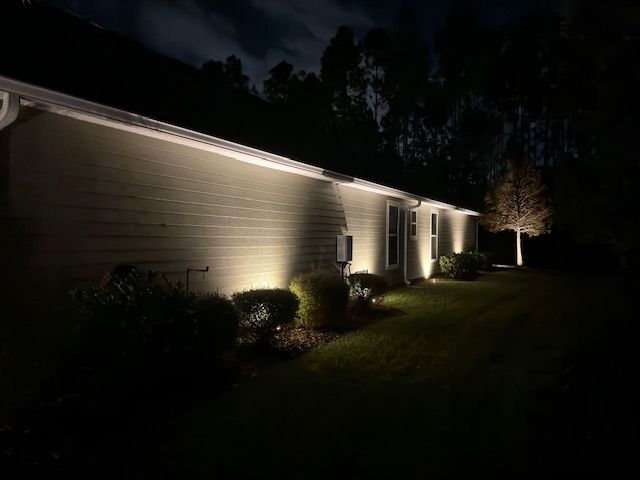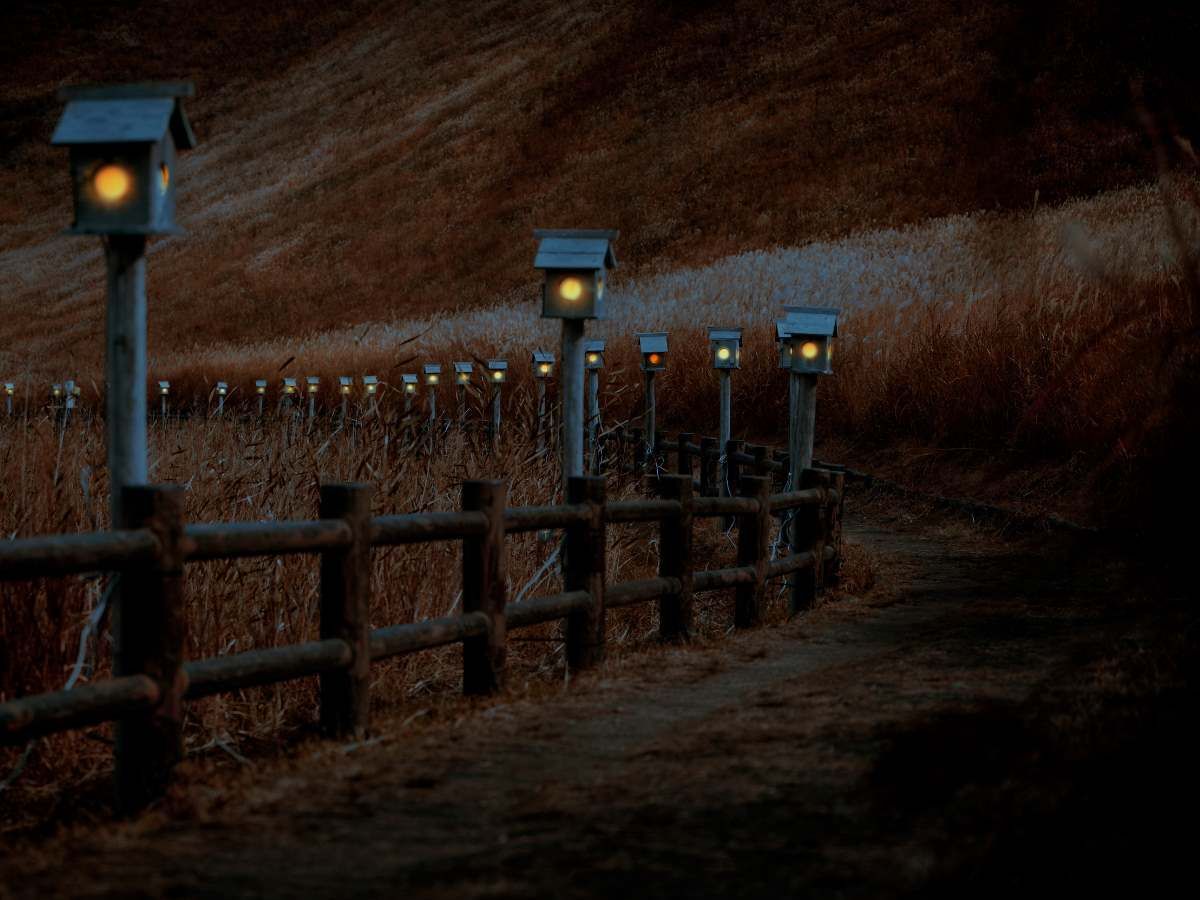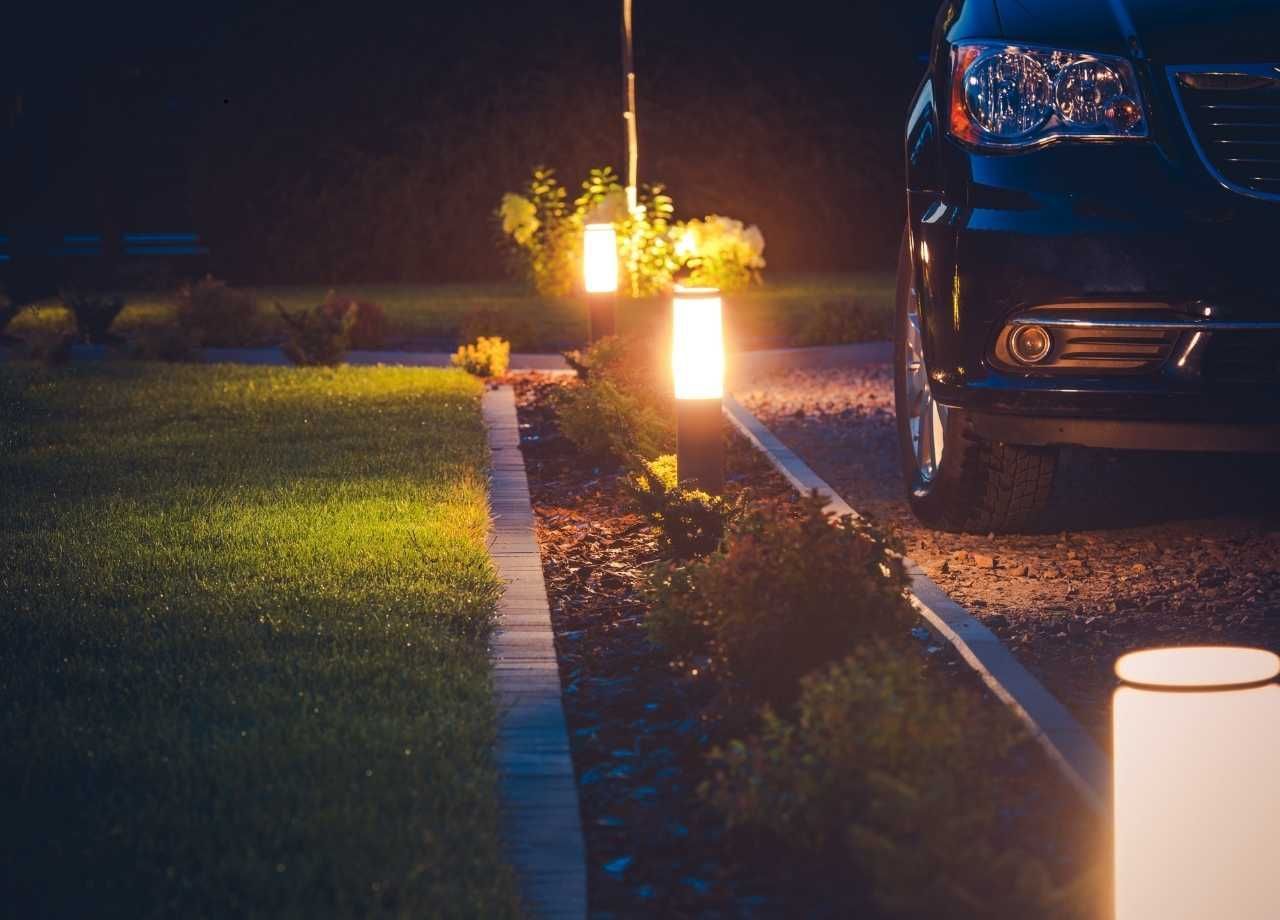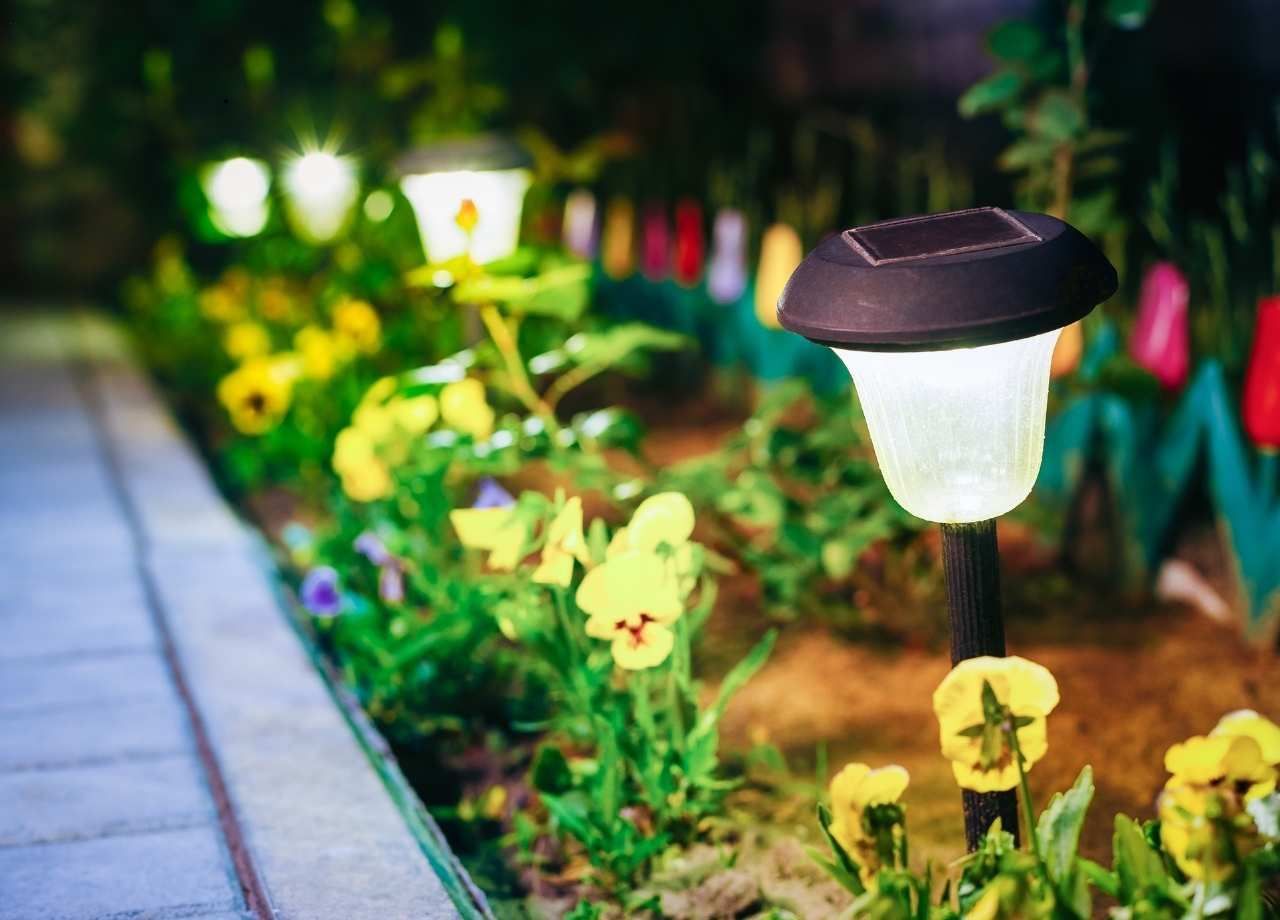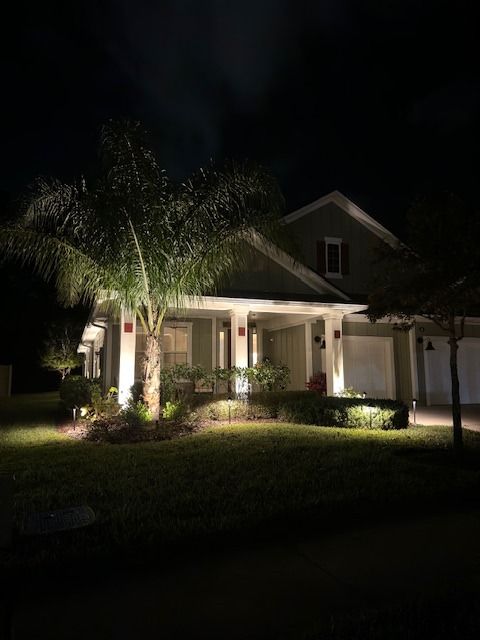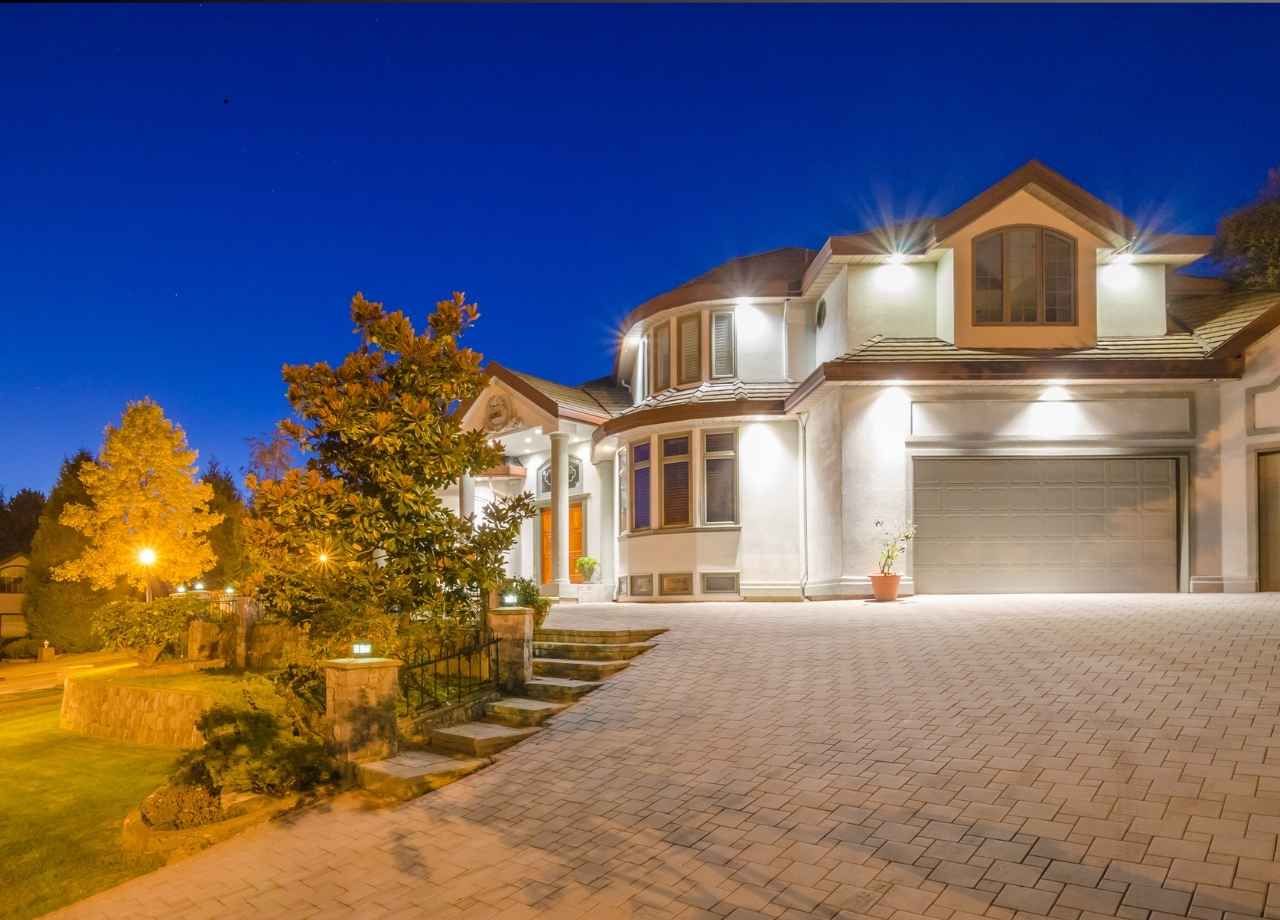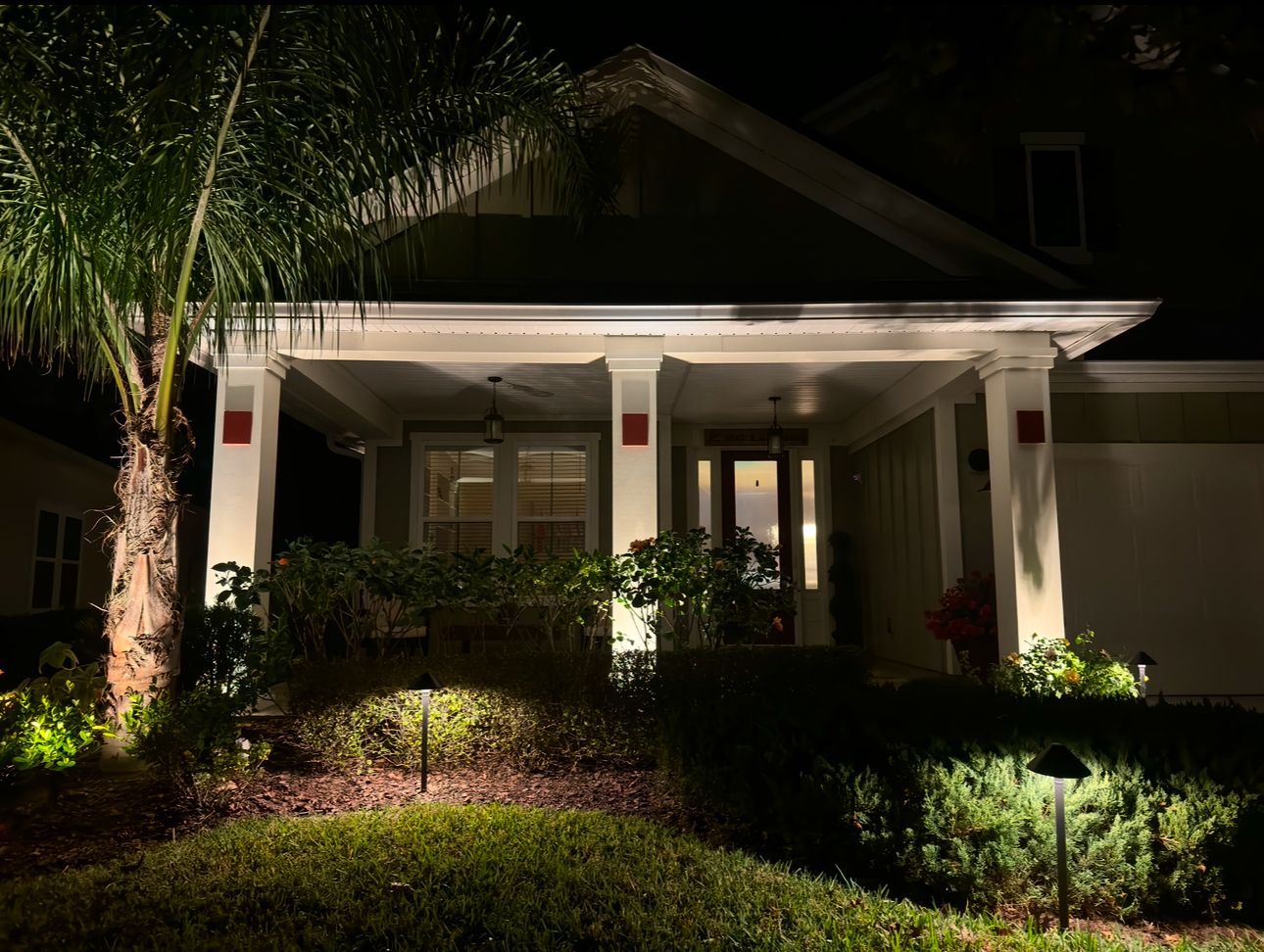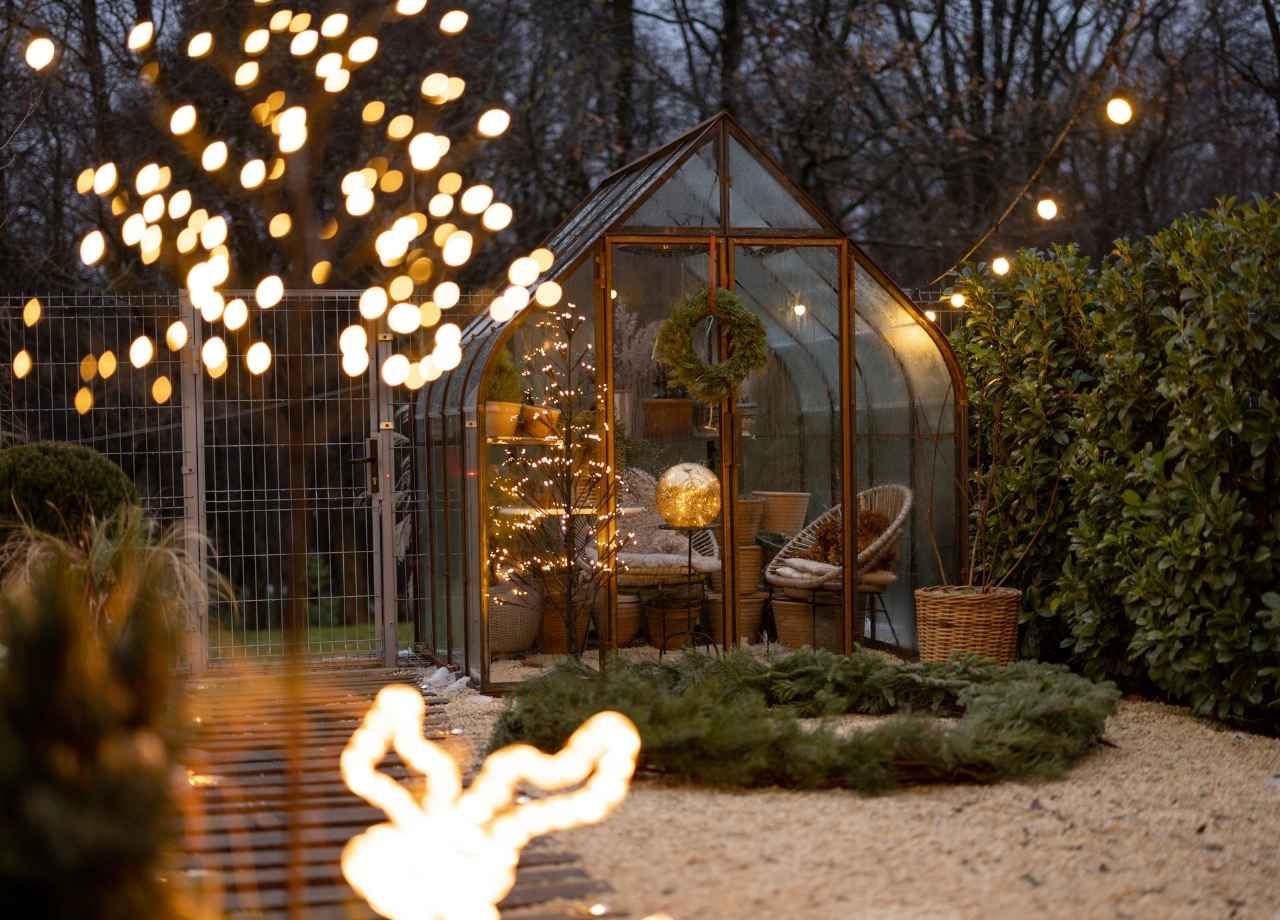What to Know Before Installing Yard Lights: Tips from Jacksonville’s Outdoor Lighting Pros
Outdoor lighting does far more than brighten a yard. A well-planned system enhances curb appeal, extends the use of outdoor living spaces, boosts security, and even raises property value. Yet installing yard lights isn’t as simple as placing a few fixtures in the ground. From power source planning to fixture selection, there are many factors that influence the effectiveness, efficiency, and longevity of your lighting system. At Aloha Outdoor Lighting, our team has spent years designing and installing customized systems across Jacksonville, giving us first-hand knowledge of what homeowners should consider before they start a project like this.
Evaluating the Purpose of Your Lighting
Every successful yard lighting design starts with understanding why the lighting is being installed. Some homeowners want to highlight architectural features or landscaping, while others prioritize safety on walkways and steps. Many families want to create inviting entertainment areas for gatherings that stretch late into the evening. These goals aren’t mutually exclusive, but clarifying them early ensures the design aligns with the desired results. A front yard focused on curb appeal will require different fixture placement and light intensity than a backyard meant for evening dinners.
Too often, homeowners jump straight into purchasing lights without identifying the role each fixture will play. This leads to uneven coverage, wasted energy, and lighting that feels haphazard. Taking time to evaluate the purpose will influence every other decision, from the beam angle of the lights to the voltage system selected.
Choosing Between Low Voltage and Line Voltage
Powering outdoor lights involves two main options: low voltage (typically 12 volts) and line voltage (120 volts). Low voltage systems are safer, easier to install, and more flexible, making them the most common choice for residential yards. They also allow for more creative placement, since cables can be buried at shallow depths without requiring conduit.
Line voltage, on the other hand, can be useful for larger properties or when very bright floodlighting is needed. This system requires conduit, deeper trenching, and professional installation due to the risks associated with high-voltage wiring. For Jacksonville homeowners, low voltage generally makes more sense for accent and landscape lighting, while line voltage may be reserved for specific situations such as large driveways or commercial-style security lighting.
Understanding which system suits your yard prevents overspending on unnecessary infrastructure and avoids safety issues.
Fixture Quality and Material Selection
Outdoor lights must withstand exposure to Florida’s humidity, salt air, and frequent rain. Cheaper plastic fixtures may look good initially but quickly fade, crack, or corrode. Brass, copper, and stainless steel fixtures hold up far better in Jacksonville’s climate, offering durability and a natural patina that many homeowners find attractive. Powder-coated aluminum can also perform well when manufactured to high standards, though it lacks the longevity of solid brass or copper.
Beyond the material, the internal components matter just as much. Waterproof seals, corrosion-resistant screws, and tempered glass lenses ensure the system continues working even after years of weather exposure. Homeowners often overlook these small details, but they make the difference between a system that needs constant repairs and one that runs reliably for over a decade.
LED Technology and Energy Efficiency
LED lighting has completely changed the landscape of outdoor lighting in the last decade. LEDs consume a fraction of the energy compared to halogen or incandescent bulbs, drastically reducing long-term operating costs. They also last tens of thousands of hours, eliminating the need for constant bulb replacements.
For yard lighting, LEDs provide consistent color temperature and brightness that can be fine-tuned for specific applications. Warm white tones work beautifully for entertaining areas and front yards, while cooler whites may suit security or task-oriented areas. Some fixtures now offer adjustable color temperatures and dimming capabilities, giving homeowners more control over ambiance.
A critical factor to consider is lumen output rather than wattage. Since LEDs are so efficient, wattage no longer indicates brightness the way it once did. Selecting the right lumen level ensures paths are visible without glare and landscape features are highlighted without overpowering nearby spaces.
Planning for Wiring and Power Access
Yard lights need more than fixtures—they need a reliable power infrastructure. Planning begins with identifying where transformers and outlets will be located. Low voltage systems require a transformer to step down the power, and its placement must balance accessibility, weather protection, and proximity to the areas being lit.
Cables should be buried properly to avoid tripping hazards and damage from lawn equipment. Even shallow trenches must be carefully mapped out so they remain undisturbed during landscaping or irrigation work. For larger yards, voltage drop can become a concern if runs are too long. This requires careful design, often using multiple transformers or balanced wiring techniques, to ensure every fixture receives consistent power.
Neglecting this planning stage often leads to dim lights, system failures, or the need for costly rework.
Considering Light Pollution and Neighbor Impact
Well-designed yard lighting creates a beautiful atmosphere without being intrusive. Poorly aimed fixtures, however, spill light into neighbors’ windows, create glare, or wash out the night sky. Shielded fixtures and proper beam control direct light only where it’s needed.
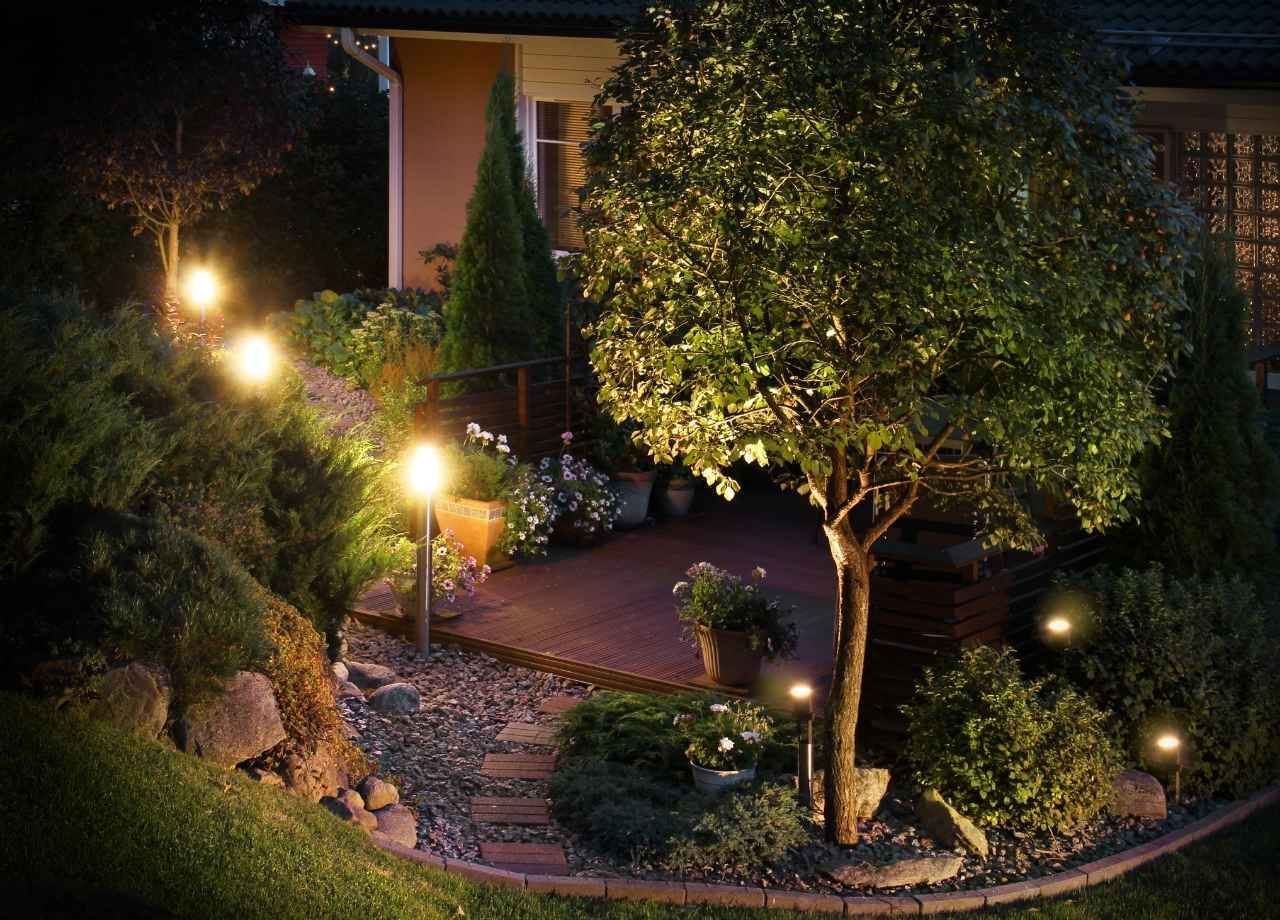
Homeowners should also be mindful of brightness levels. Overly intense lights can make a yard look harsh and sterile rather than warm and inviting. Subtle illumination is usually more effective and attractive than overpowering brightness. With Jacksonville’s suburban neighborhoods, balancing security with neighborly consideration is an important aspect of outdoor lighting design.
Safety and Code Compliance
Outdoor lighting systems must comply with local electrical codes to ensure safety. Jacksonville requires proper permits and professional-grade installation for any line voltage system, and even low voltage systems should follow best practices for wiring and weatherproofing. Fixtures near pools or water features demand extra caution, with specific safety-rated equipment required.
Attempting to cut corners with DIY shortcuts can create fire hazards, electrical shock risks, and insurance complications. Working with experienced professionals ensures the system not only functions correctly but also keeps your home and family safe
Integrating Lighting With Landscaping and Hardscapes
Lighting should never be an afterthought once landscaping is complete. The most successful designs integrate with plantings, pathways, patios, and architectural features from the start. Fixtures can be concealed among shrubs, recessed into pavers, or mounted onto structures in ways that make them blend seamlessly into the environment.
Florida’s rapid plant growth also needs to be considered. A small shrub today can quickly overshadow a fixture within a year, changing how the light spreads. Choosing flexible fixture placements and planning for long-term growth prevents the system from becoming ineffective as the yard matures.
Water features, pergolas, outdoor kitchens, and fire pits all benefit from thoughtful lighting placement as well. These spaces often become focal points in the evening, and lighting should enhance their usability without overpowering them.
Maintenance and Long-Term Planning
Even the best lighting systems require maintenance. Lenses can fog, connections can loosen, and fixtures can shift over time. Designing the system with accessibility in mind makes upkeep easier. This includes avoiding fixture placement in areas that are difficult to reach or where landscaping will constantly obstruct access.
LEDs may last for years, but transformers, timers, and control systems may need adjustments or upgrades as technology improves. Smart lighting controls, for instance, have become increasingly popular, allowing homeowners to manage their yard lights from a phone app or integrate them with home automation systems. Planning for this type of adaptability ensures the system remains current rather than outdated.
Seasonal Considerations for Jacksonville
Jacksonville’s climate presents unique challenges for outdoor lighting. Heavy rains, summer storms, and salt air all test the durability of fixtures and connections. Choosing equipment designed specifically for coastal or humid environments prevents premature failure.
Heat is another factor. Cheaper LEDs may overheat in Florida summers, leading to flickering or reduced lifespan. High-quality fixtures use advanced heat management to maintain performance even in extreme conditions.
Hurricane season also highlights the importance of durable wiring and secure fixture installation. Systems that aren’t built with storms in mind may be damaged by flooding or high winds. Homeowners should choose fixtures and components rated for harsh outdoor use to avoid costly replacements after major weather events.
Budgeting Realistically
The cost of yard lighting varies widely based on property size, fixture quality, and design complexity. Homeowners sometimes underestimate the investment needed for a durable, efficient system. Cutting corners with low-quality fixtures or improper installation may save money initially but usually leads to higher expenses down the road due to frequent repairs or replacements.
A realistic budget should account not only for fixtures and installation but also for transformers, wiring, timers, and future maintenance. Investing in high-quality materials pays off in reliability, appearance, and long-term savings.
Final Thoughts
Installing yard lights is one of the most rewarding ways to enhance a home’s exterior, but success depends on careful planning and informed decisions. From selecting durable materials to understanding wiring requirements, every detail influences how the system will perform. Jacksonville homeowners face unique environmental challenges that make quality and expertise especially important.
By approaching the project with these considerations in mind, homeowners can create a lighting system that adds beauty, safety, and value to their property for years to come.

